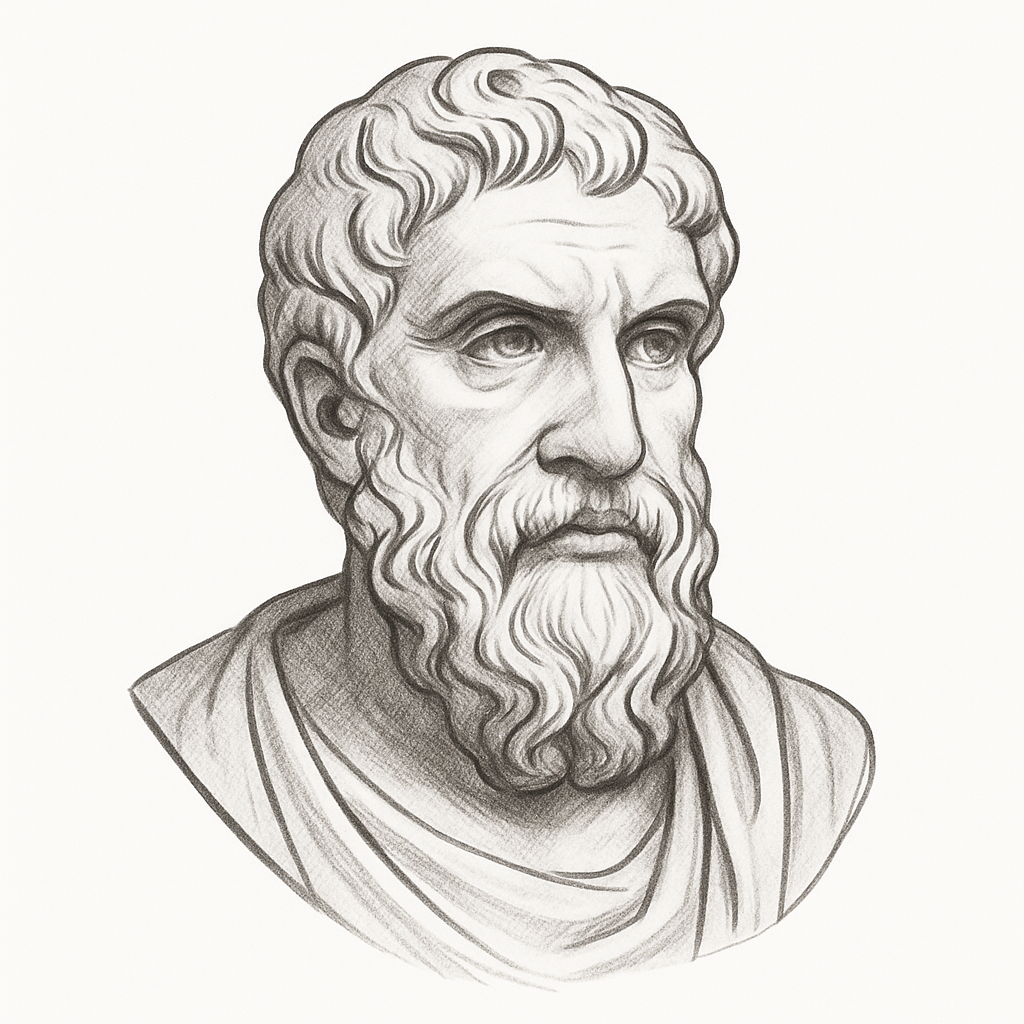Stoicism When Your Child Is Sick: Does It Work?
It sounds incredibly difficult to have your daughter sick, and it's completely natural to feel that surge of concern and to question if you're doing enough. Your desire to provide the best care for her speaks volumes about your love. It's truly commendable that even in this challenging time, you're trying to ground yourself in the understanding that worrying about external outcomes can be pointless, and that your control lies in your judgments and actions (Epictetus, The Discourses, Book 4, Chapter 10).
When you ask how you know your actions are sufficient, or if you've done everything you can, the Stoic path gently guides us to focus on the quality of our intentions and decisions, rather than the external outcome, which is not entirely within our power (Epictetus, The Discourses, Book 3, Chapter 3).
To ensure your actions are sufficient and wise, consider these points:
-
Focus on your reasoned choice: What is truly yours and free from hindrance is your reasoned choice – your assents, desires, and aversions (Epictetus, The Discourses, Book 4, Chapter 1). This means directing your energy towards making informed, loving decisions for your daughter, such as consulting medical professionals, providing comfort, and maintaining a calm presence. Your well-being depends on the quality of your opinions, not on external outcomes (Epictetus, The Discourses, Book 3, Chapter 9).
-
Scrutinize your perceptions and actions: Before acting, or in evaluating your past actions, pause and analyze if they concerned things within your control. If they did not, recognize that the outcome is nothing to you, but your response is everything (Epictetus, The Enchiridion, Chapter 1). Every action is a response to a perception of what is true or good. It is wise to "Scrutinize your perceptions before acting, just as you would use a rule to measure a line" (Epictetus, The Discourses, Book 1, Chapter 28). This ensures your decisions are grounded in reason and care.
-
Assess your ability and seek help without shame: As Marcus Aurelius wisely noted, "When facing a task, honestly assess your ability. If capable, act. If not, seek help without shame, always aiming for the common good" (Marcus Aurelius, Meditations, Book 7). For your daughter's illness, this means acting diligently within your capacity as a parent, and not hesitating to seek professional medical advice. This itself is an act of wisdom and doing everything you can.
-
Reflect on your choices, not just outcomes: While you're doing your best for her, you might ask yourself, "Where have I omitted the things which conduce to happiness? What have I done which is either unfriendly or unsocial?" (Epictetus, The Discourses, Book 4, Chapter 6). In your context, this could mean reflecting on whether your actions were truly in your daughter's best interest, showing her love, and providing care, rather than dwelling on fears about the illness itself. Your actions and emotions stem from your own judgments, not external events, and taking responsibility for your choices is key (Epictetus, The Discourses, Book 1, Chapter 11).
Ultimately, remember that "Externals are not in my power: will is in my power. Where shall I seek the good and the bad? Within, in the things which are my own" (Epictetus, The Discourses, Book 2, Chapter 5). If your will is focused on virtuous choices and acting with care and wisdom, then "where is room left for anxiety?" (Epictetus, The Discourses, Book 2, Chapter 13). Your distress comes from your opinions about events, not the events themselves (Epictetus, The Discourses, Book 1, Chapter 25). Focus on doing what is right and within your control, and that is sufficient.
Key Passages
Reflect on your acts. 'Where have I omitted the things which conduce to happiness? What have I done which is either unfriendly or unsocial?'— The Discourses by Epictetus
If, then, the things which are independent of the will are neither good nor bad, and all things which do depend on the will are within our power... where is room left for anxiety?— The Discourses by Epictetus
Externals are not in my power: will is in my power. Where shall I seek the good and the bad? Within, in the things which are my own.— The Discourses by Epictetus
Disclaimer: Article generated using Memento Vivere AI tool, and is grounded solely in the works of Epictetus, Seneca and Marcus Aurelius. For informational purposes only. Not a substitute for professional advice.
